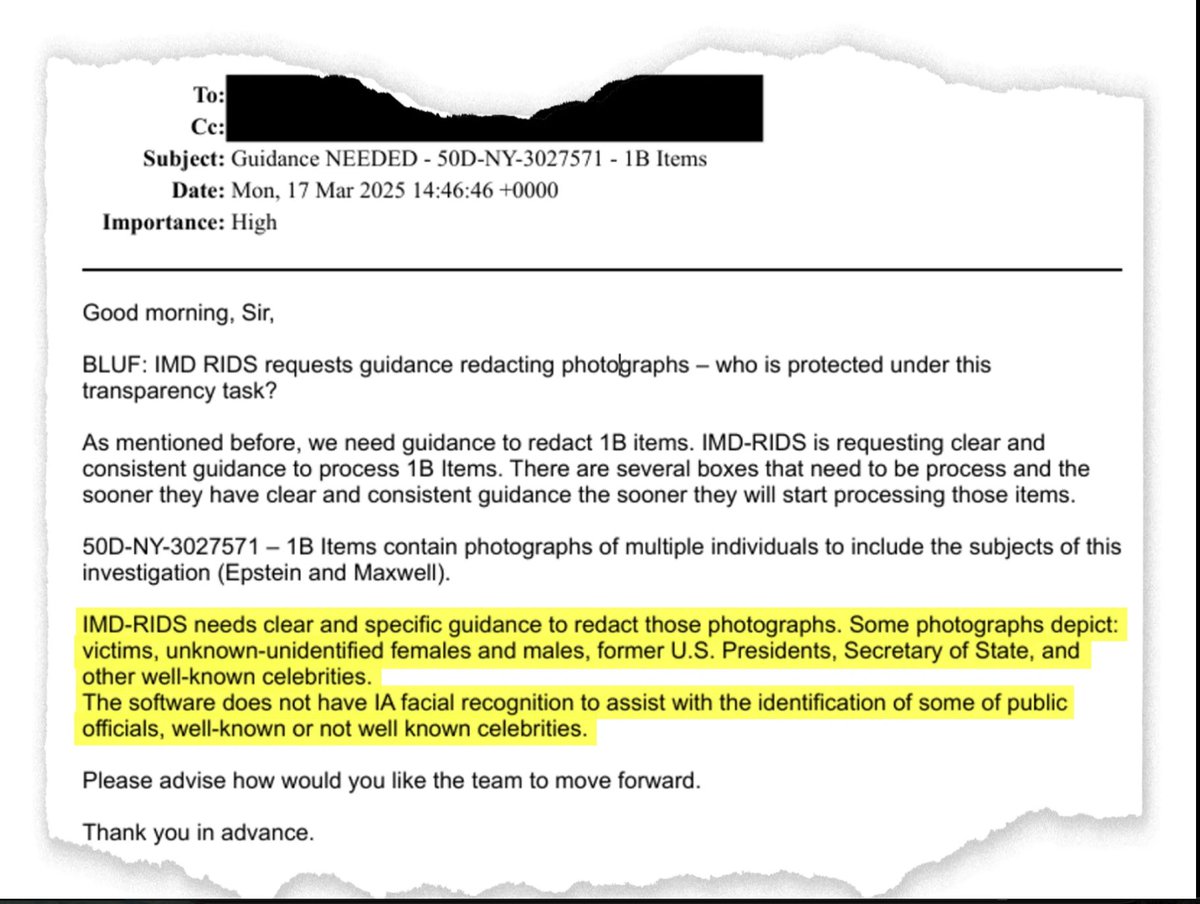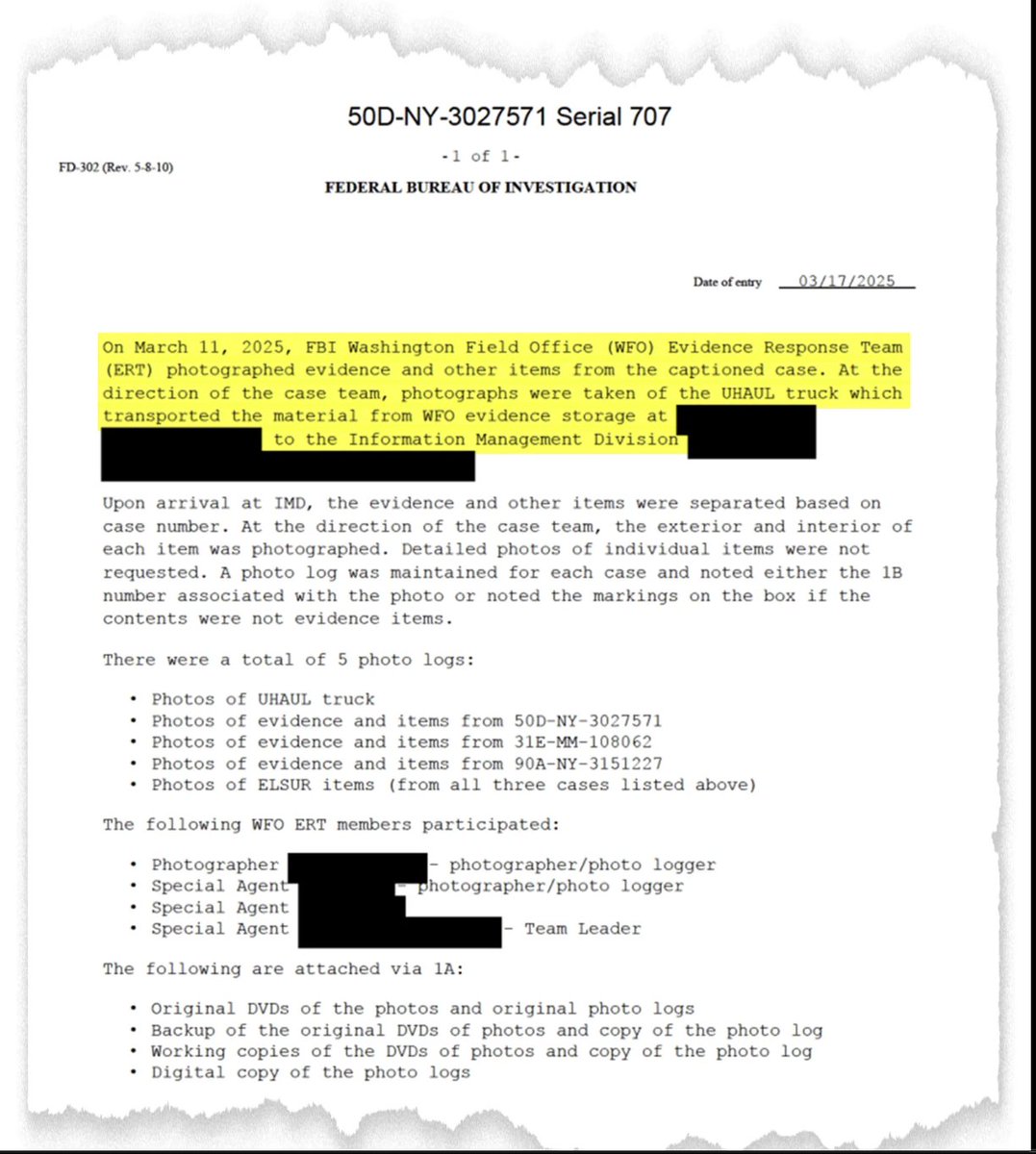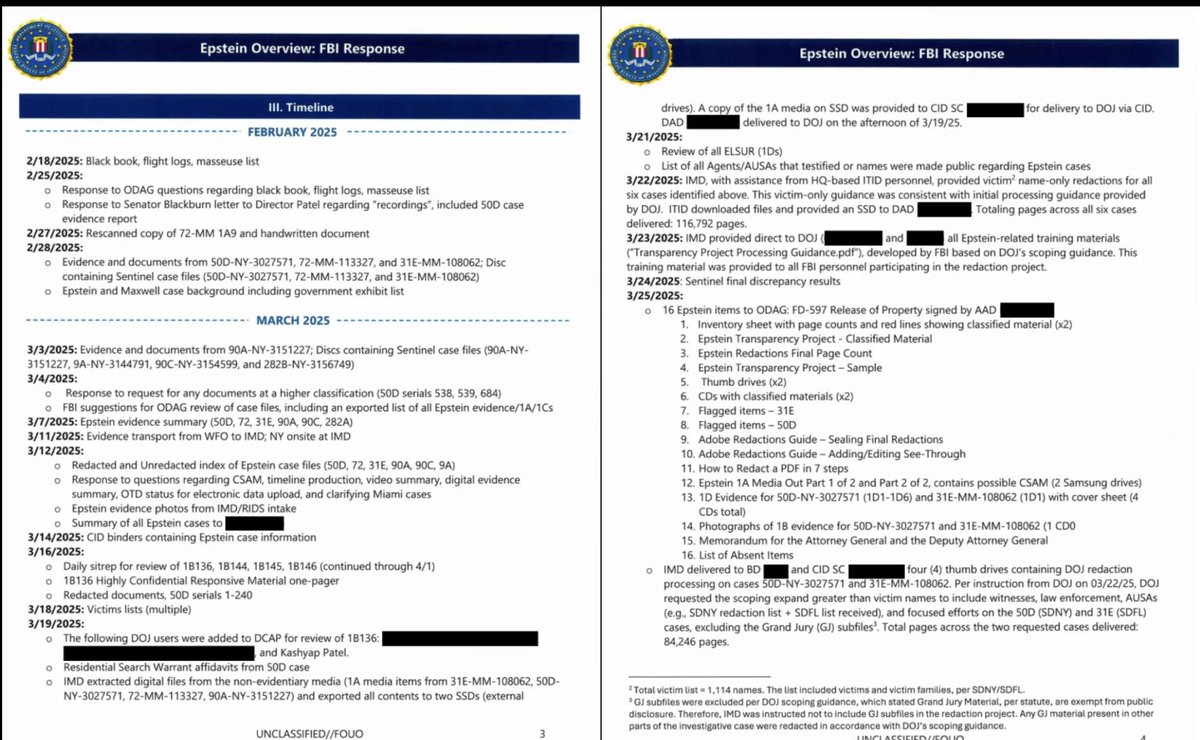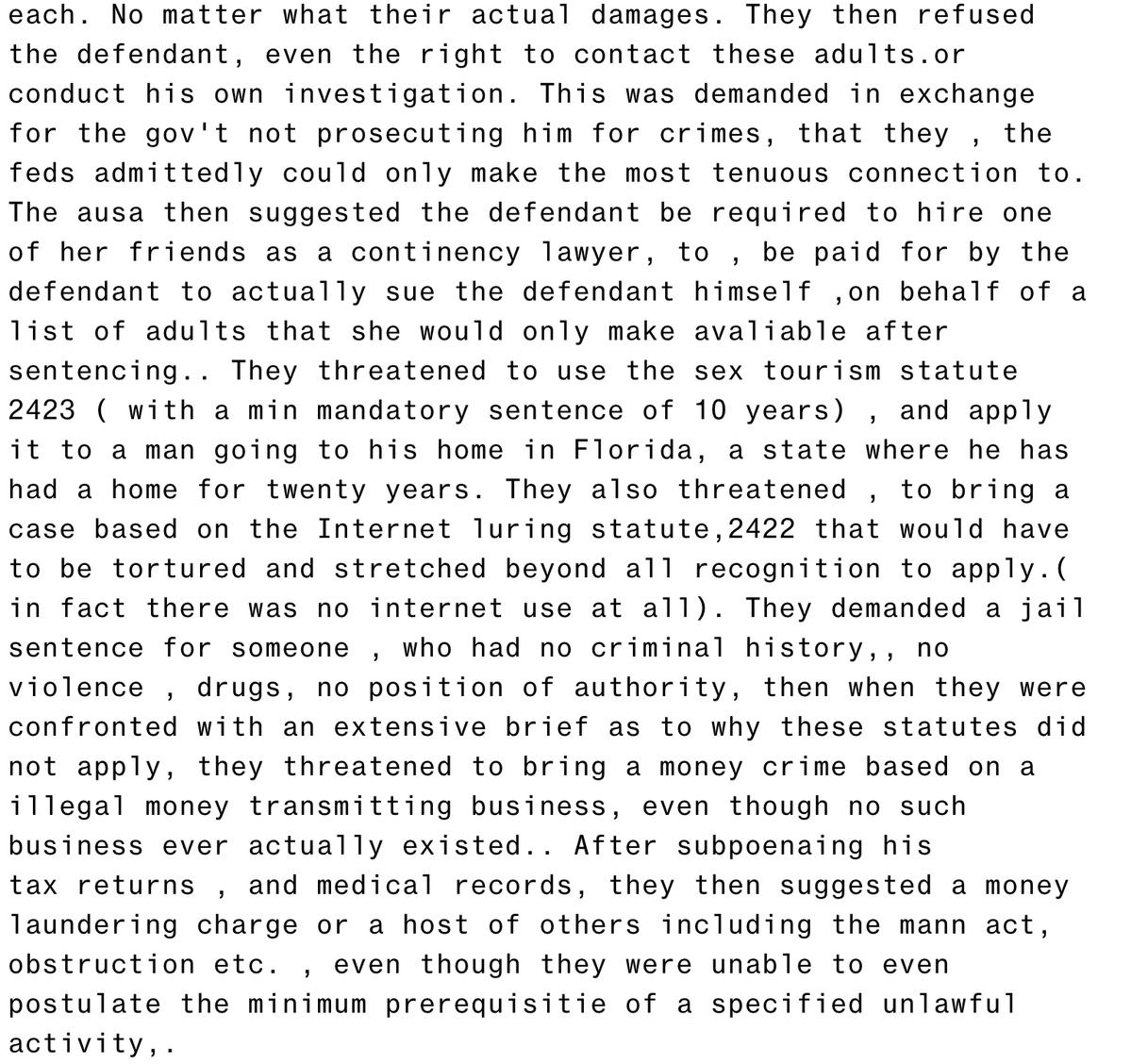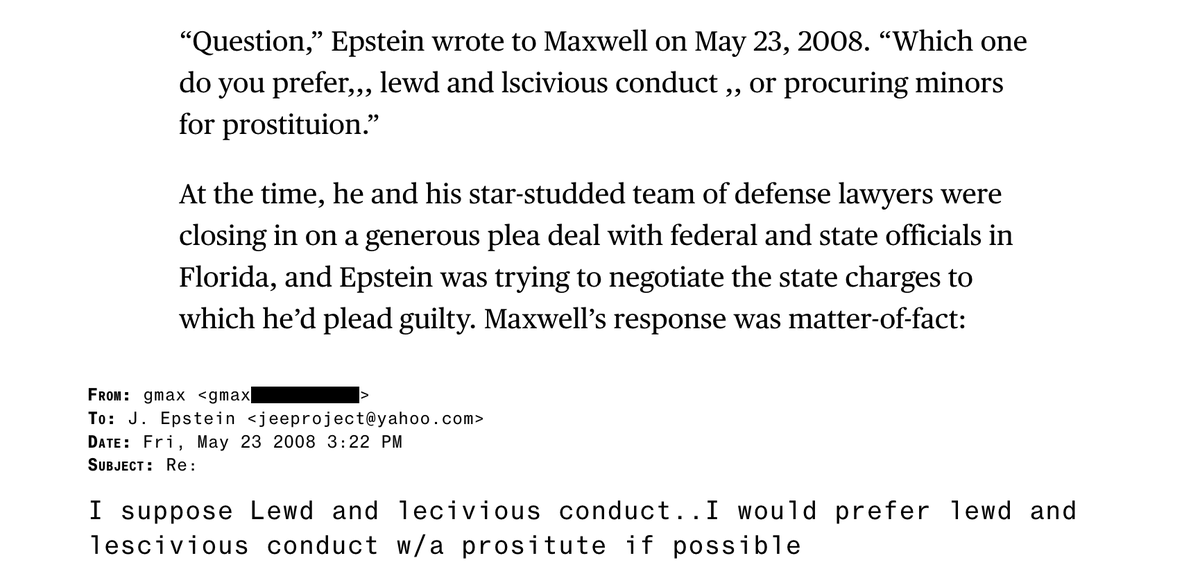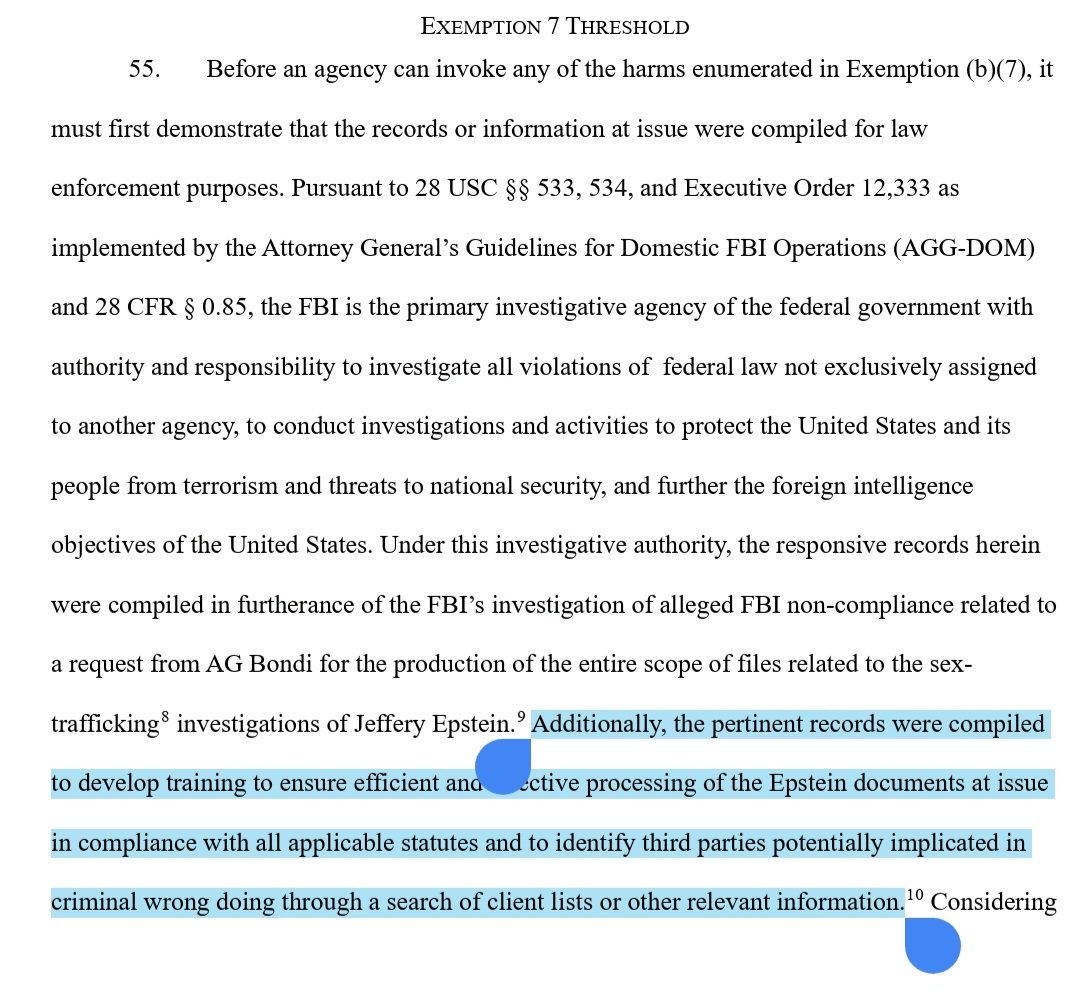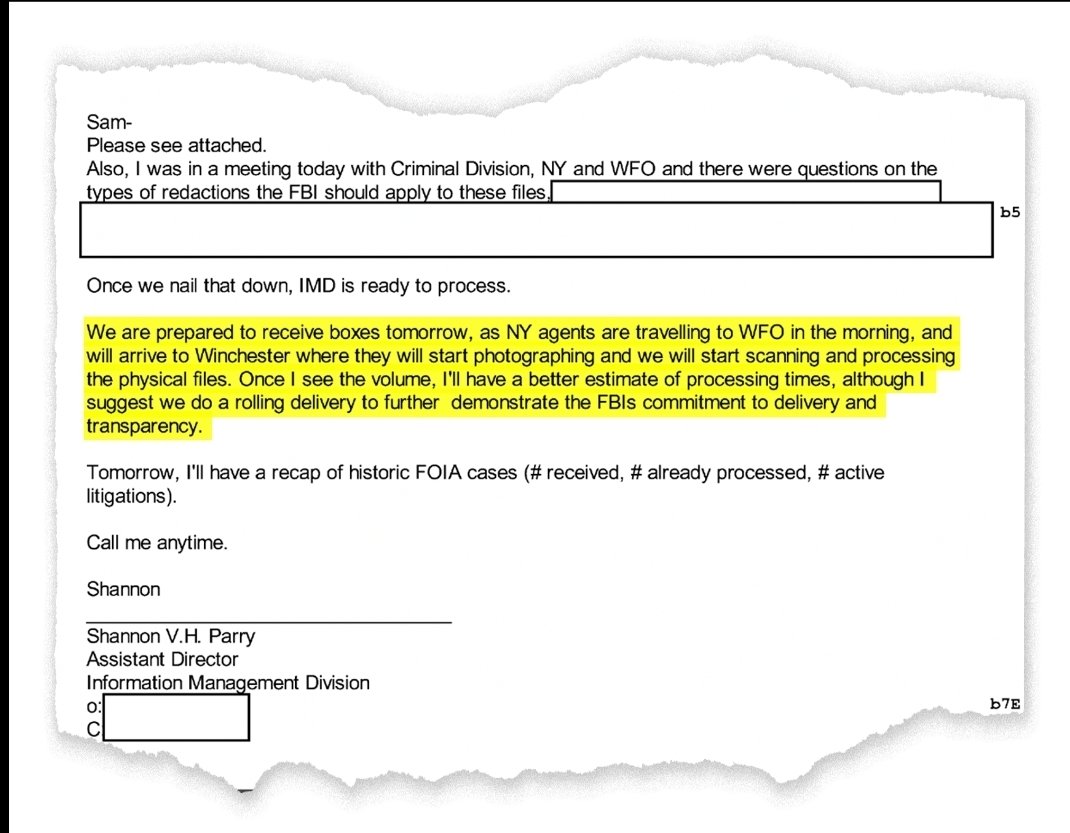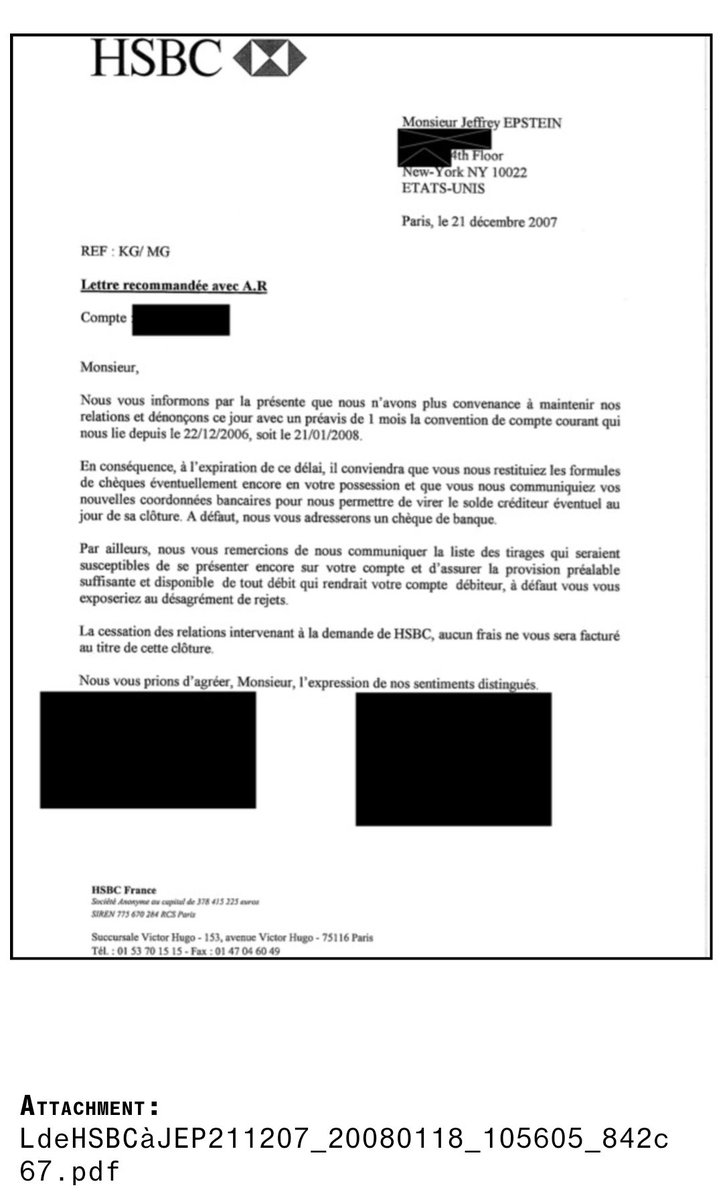NEW from our #FinCENFiles investigation:
The Mirage That Moved Hundreds Of Millions Of Dollars Through Major Banks
A $27.1 million shipment of fluorescent lamps. A bogus website. Elusive owners. A FinCEN Files detective story.
buzzfeednews.com/article/johnte…
The Mirage That Moved Hundreds Of Millions Of Dollars Through Major Banks
A $27.1 million shipment of fluorescent lamps. A bogus website. Elusive owners. A FinCEN Files detective story.
buzzfeednews.com/article/johnte…
With a website claiming more than 200 employees and an office in a business complex in the middle of Singapore, Ask Trading — “a trading and investment company focusing on the Russia/CIS market” — might appear to be a thriving midsize business.
But actually it’s a mirage.
But actually it’s a mirage.
Between 2001 and 2016, Ask Trading managed to move at least $671 million in transactions through Deutsche Bank, JPMorgan Chase, and Bank of New York Mellon, from sources no one at those banks ascertained, for purposes it never revealed.
Shell companies like Ask Trading keep a low profile, but they play an outsize role in the dark economy, the trillions of dollars of dirty money that course through Western banks in full view of government regulators.
Ask Trading also turns up in the case of an epic Russian money laundering scheme, known as the mirror trades, conducted through Deutsche Bank accounts. During the bank’s internal investigation, in 2016, officials found that Ask had received $17 million as part of those trades.
🚨Ask Trading also turns up in the case of an epic Russian money laundering scheme, known as the mirror trades, conducted through Deutsche Bank accounts. During the bank’s internal investigation, in 2016, officials found that Ask had received $17 million as part of those trades.
This #FinCENFiles story is based on a shit ton of reporting led by @jtemplon and more than 200 pages of suspicious activity reports a handful of banks filed with Treasury's Financial Crimes Enforcement Network.
• • •
Missing some Tweet in this thread? You can try to
force a refresh


